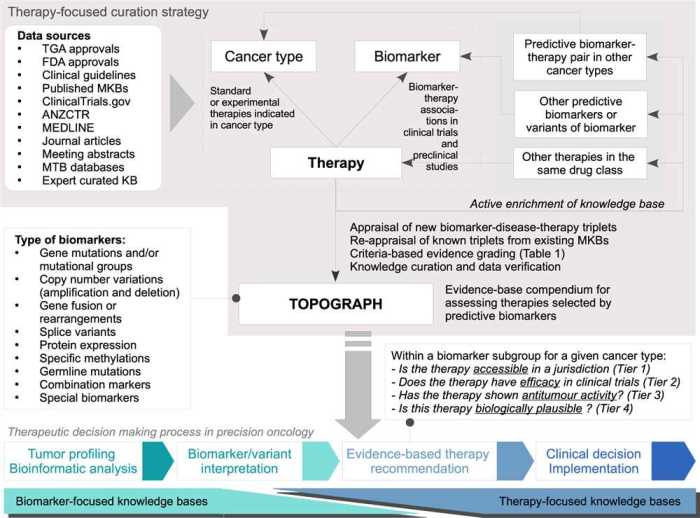ATI knowledge and clinical judgement are essential components of nursing practice, enabling nurses to make informed decisions and provide high-quality patient care. This comprehensive guide explores the definition, assessment, development, and impact of ATI knowledge and clinical judgement on patient outcomes.
Understanding the interplay between theoretical knowledge and practical application is crucial for nurses to deliver safe and effective care. This guide delves into the intricacies of ATI knowledge and clinical judgement, providing valuable insights for nursing professionals.
Definition and Components of ATI Knowledge and Clinical Judgement

Assessment Technologies Institute (ATI) knowledge and clinical judgement refer to the cognitive abilities and decision-making skills that nurses utilize to provide safe and effective patient care. ATI knowledge encompasses the theoretical foundations of nursing, including medical-surgical knowledge, pharmacology, and pathophysiology.
Clinical judgement involves the application of this knowledge to real-world patient situations, enabling nurses to make informed decisions and take appropriate actions.
Key Components of ATI Knowledge and Clinical Judgement
- Medical-Surgical Knowledge:Understanding of common diseases, their manifestations, and treatment options.
- Pharmacology:Knowledge of medications, their indications, dosages, and potential side effects.
- Pathophysiology:Understanding of the underlying physiological processes of diseases and their impact on patient health.
- Critical Thinking:Ability to analyze patient data, identify potential problems, and develop solutions.
- Clinical Decision-Making:Ability to weigh evidence, consider alternatives, and make sound judgments in patient care.
- Communication:Effective communication skills to convey information to patients, families, and healthcare team members.
- Interpersonal Skills:Ability to build rapport with patients and their families, and to work effectively as part of a healthcare team.
Assessment of ATI Knowledge and Clinical Judgement
Regular assessment of ATI knowledge and clinical judgement is crucial to ensure nurses are equipped with the necessary skills to provide optimal patient care.
Methods of Assessment:
- Written Exams:Standardized tests that evaluate knowledge of nursing principles and concepts.
- Simulation-Based Assessments:Use of realistic patient simulations to assess clinical judgement and decision-making skills.
- Clinical Observations:Direct observation of nurses’ performance in real-world patient care settings.
- Peer Review:Evaluation of nurses’ performance by colleagues or peers.
Development of ATI Knowledge and Clinical Judgement
Developing ATI knowledge and clinical judgement requires a multifaceted approach.
Strategies:
- Education:Formal education programs, such as nursing schools and continuing education courses.
- Experience:Practical experience in clinical settings, where nurses can apply their knowledge and develop their judgement.
- Mentorship:Guidance from experienced nurses who can provide support and share their expertise.
- Continuous Learning:Ongoing participation in professional development activities, such as conferences and workshops.
Impact of ATI Knowledge and Clinical Judgement on Patient Outcomes
Strong ATI knowledge and clinical judgement have a direct impact on patient outcomes.
Evidence:
- Improved Patient Safety:Nurses with higher ATI knowledge and clinical judgement are more likely to identify and prevent potential complications.
- Enhanced Patient Satisfaction:Patients receiving care from nurses with strong ATI knowledge and clinical judgement report higher levels of satisfaction.
- Reduced Healthcare Costs:Nurses with strong ATI knowledge and clinical judgement are more likely to make cost-effective decisions and avoid unnecessary interventions.
FAQ Section
What is ATI knowledge?
ATI knowledge refers to the theoretical and scientific knowledge base that underpins nursing practice.
How is clinical judgement used in nursing?
Clinical judgement involves applying ATI knowledge to real-world patient care situations, making decisions, and taking appropriate actions.
Why is regular assessment of ATI knowledge and clinical judgement important?
Regular assessment helps identify areas for improvement and ensures nurses are up-to-date with best practices.

